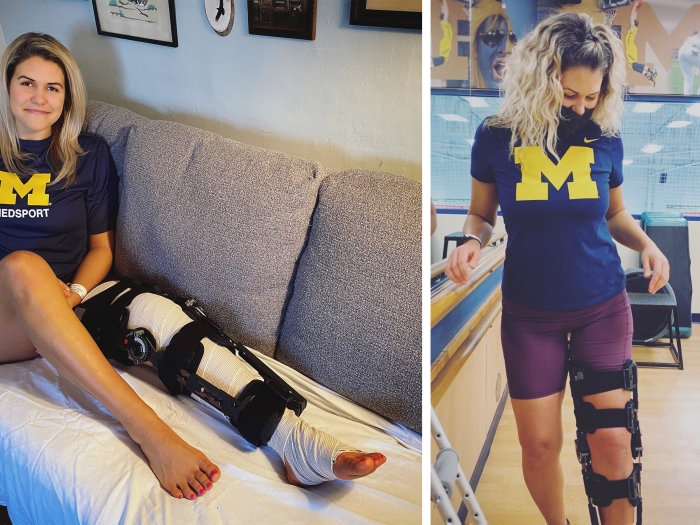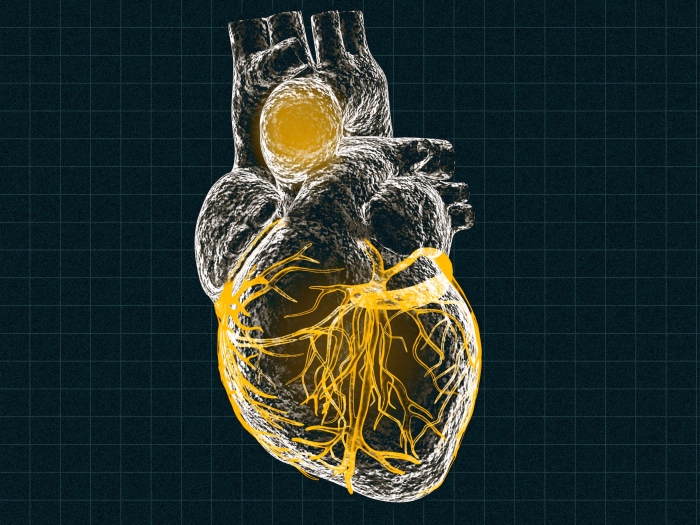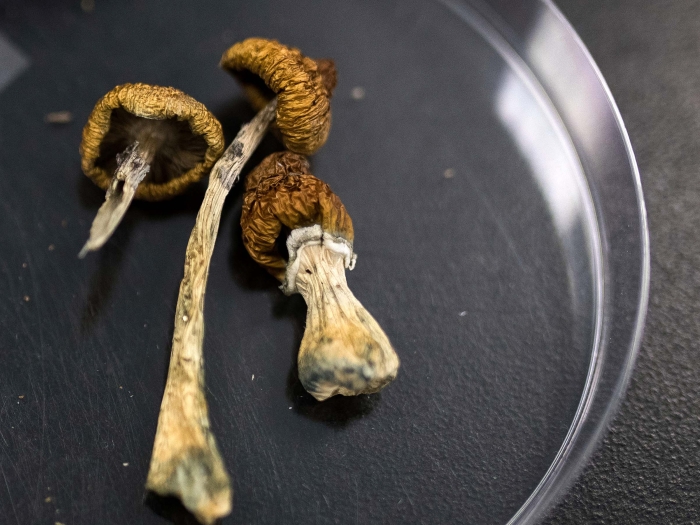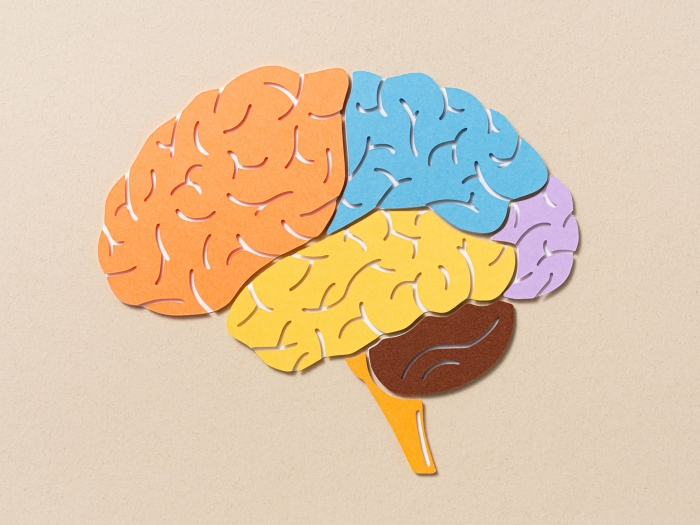Minimally invasive nerve transplant treats complex corneal condition
Author |
Michigan Medicine surgeons are helping patients who have lost sensation in their cornea regain feeling in their eye through a small-incision, nerve transplant procedure—corneal neurotization surgery.
Corneal neurotization surgery is a novel, minimally-invasive approach that either re-directs the patient’s own sensory nerves in the forehead or uses a nerve graft from elsewhere in the patient’s body, implanting the new nerve endings around the cornea.
The new surgical procedure is available at Michigan Medicine through collaboration by teams in ophthalmology and visual Sciences, plastic surgery and otolaryngology.
Following the procedure, as the new nerve endings grow into the corneas, “The sensation in the eye has been shown to return over several months,” says Shannon Joseph, M.D., an oculoplastic surgeon at the University of Michigan Kellogg Eye Center.
Michigan is one of the few health systems in the U.S. to offer the procedure which is described as “a new approach to a difficult problem,” by surgeons at the Hospital for Sick Children in Toronto where the technique was developed.
Patients who have lost sensation in the eye due to infection, diabetes, trauma, malignancies or surgery can develop a condition called neurotrophic keratopathy.
This reduces their ability to feel eye pain or irritation so that they are unable to protect their eyes from everyday elements — such as dust, microscopic debris, and the wind. These daily hazards can cause corneal scratches, infections and scars that can eventually lead to blindness.
Neurotrophic keratopathy can be very difficult to manage. Doctors may try lubricating eye drops, specialized contact lenses or patches, suturing the eyelids shut or closing the tear drains.
The corneal neurotization procedure now provides a powerful opportunity to address the underlying cause of the condition.
Joseph first performed corneal neurotization at Johns Hopkins Medicine. She is now an assistant professor in the Department of Ophthalmology and Visual Science at Michigan Medicine, the University of Michigan’s academic medical center.
A coordinated effort by Joseph, Christopher Hood, M.D., and Shahzad Mian, M.D., at the Kellogg Eye Center; David Lawrence Brown, M.D., and Steve Kasten, M.D., in the U-M Department of Surgery; and Jennifer Kim, M.D., in the U-M Department of Otolaryngology, led to applying nerve regeneration principles to the eye condition.
Surgeons take nerves that have less important roles in other parts of the body or are redundant and transfer them to restore sensory function where needed—in this case, a damaged cornea. “About one millimeter of the nerve is restored per day,” Brown explains.
After corneal sensation is restored, corneal transplantation is also more likely to be successful, offering visually impaired patients an opportunity to regain their sight.

Department of Communication at Michigan Medicine




